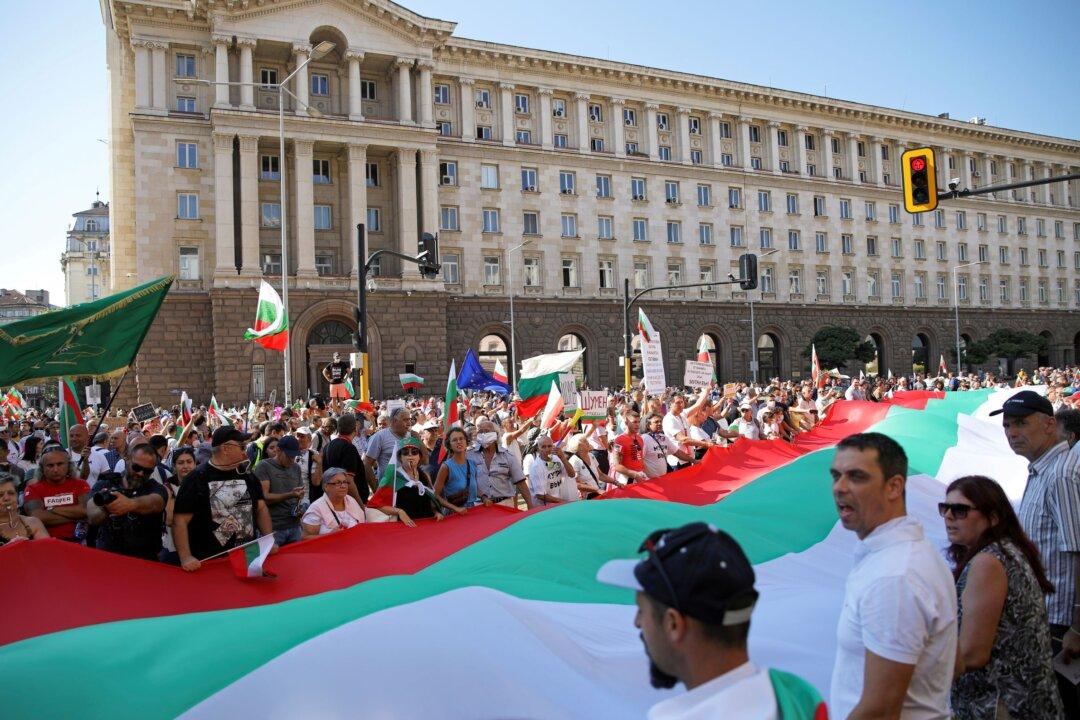WASHINGTON/SOFIA—The United States on June 2 imposed sanctions on 64 companies and three Bulgarians over corruption, including an oligarch accused of planning to create a conduit for Russian political leaders to influence the Bulgarian government.
A statement by the Treasury Department said the move was its single biggest action targeting graft to date.





